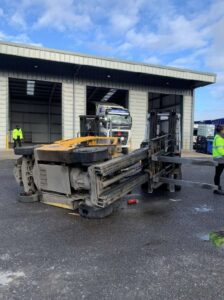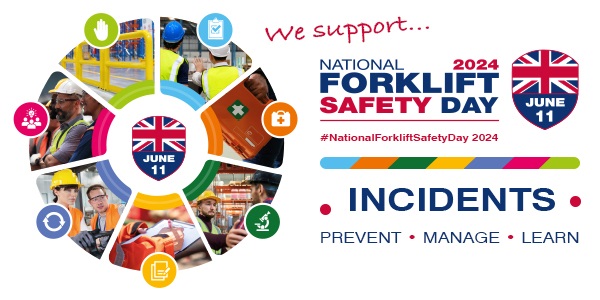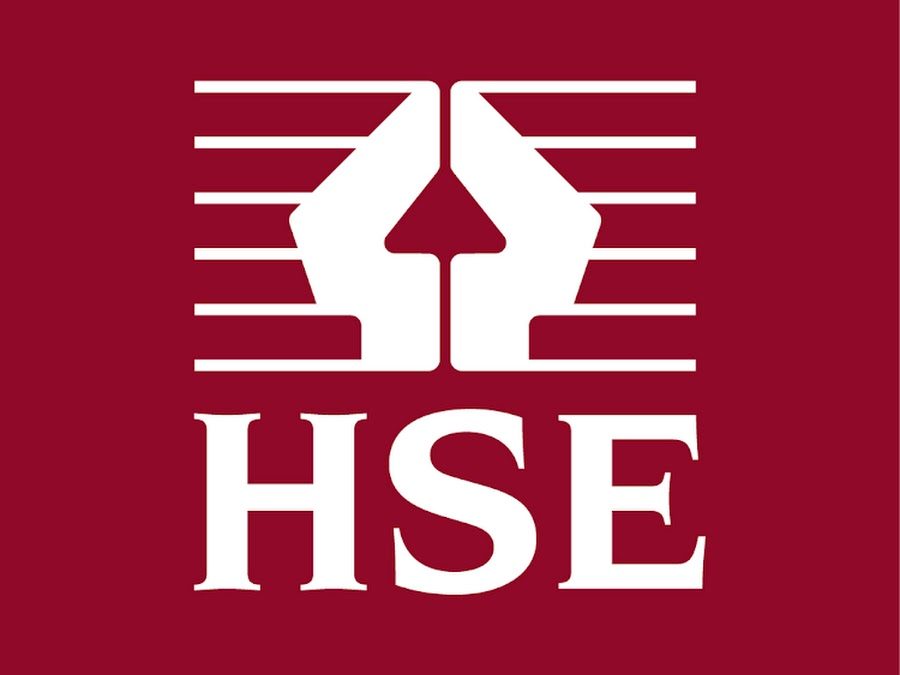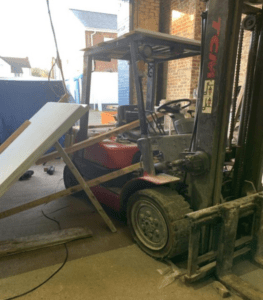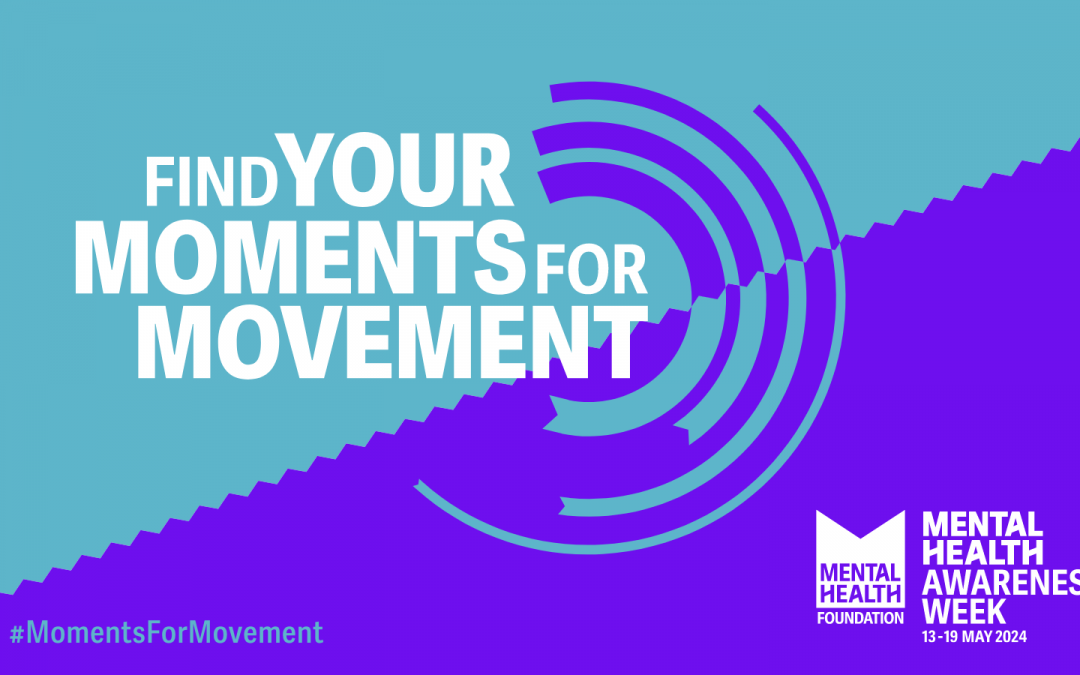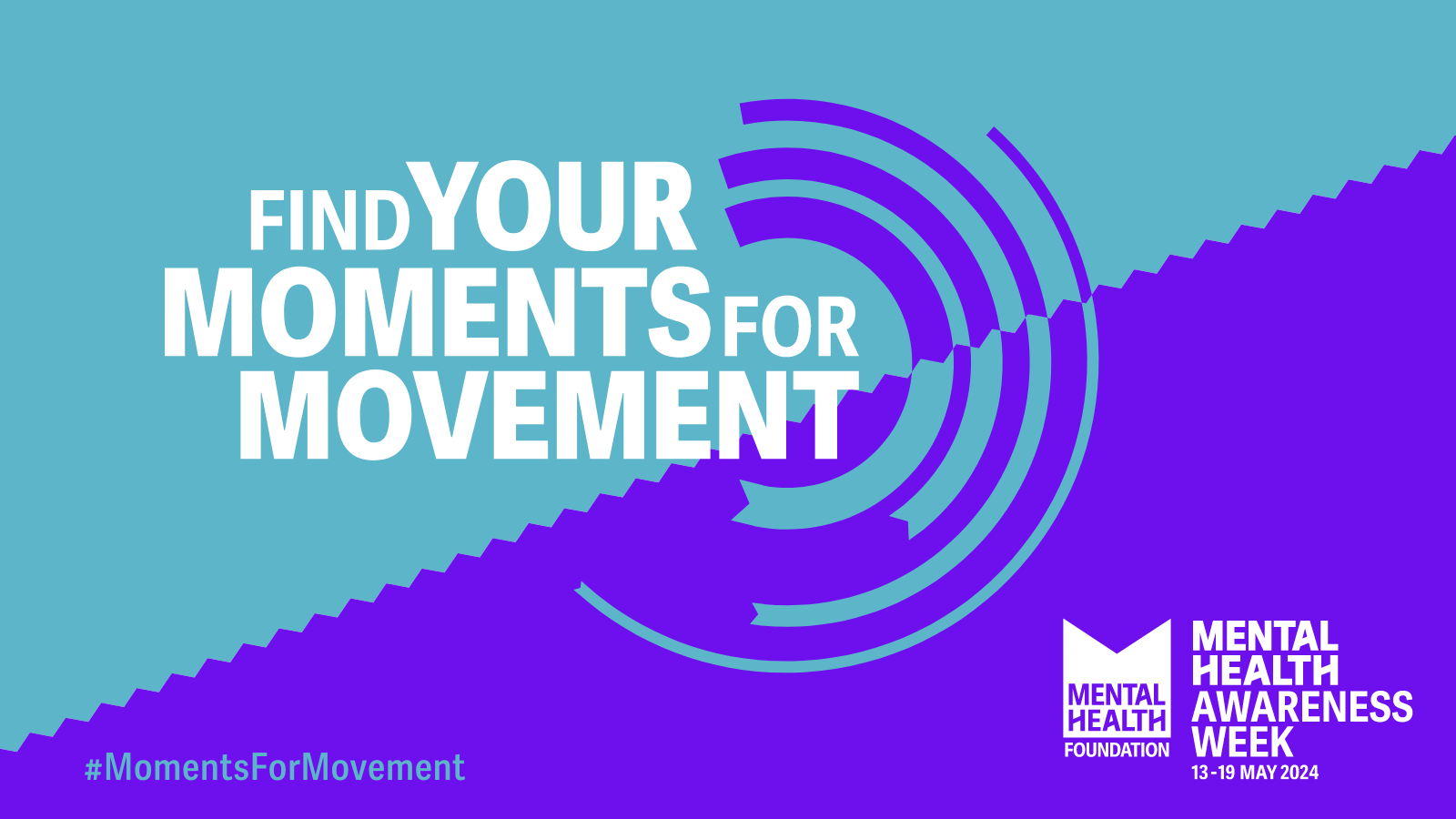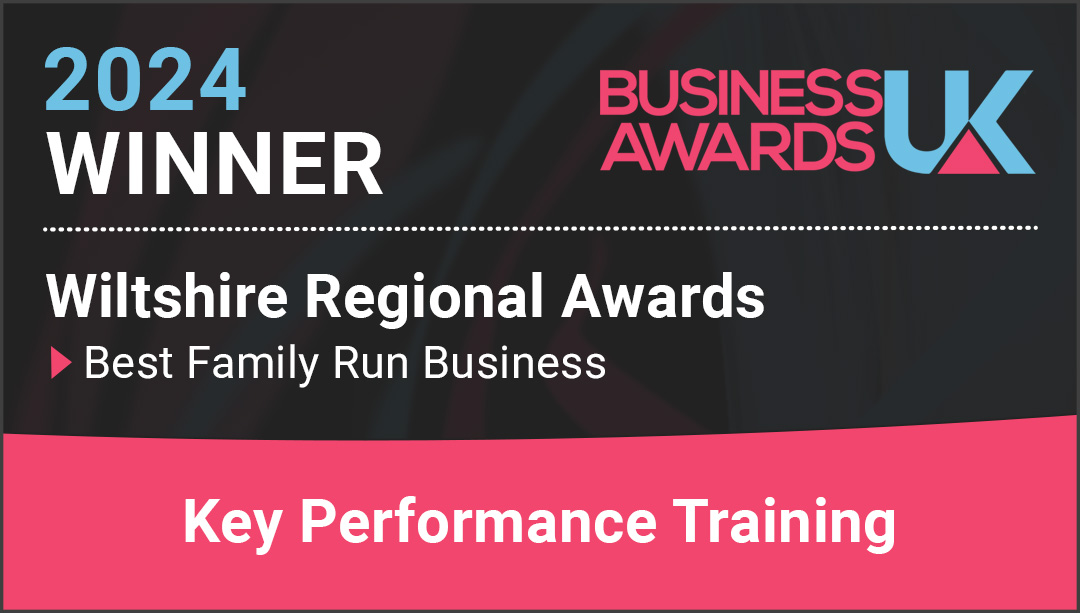
Business Award UK Winners 2024 Again!

Business Award UK Winners 2024 Again!
What a year 2024 has been for us.
Not only did we manage to win the prestigious 2024 Business Training and Education Awards, in the category of Exceptional Customer Satisfaction, and be named Seetec Pluss Partner of the year, but we’ve also been honoured again by the Business Award UK selection panel in their Regional Awards.
We’re delighted to announce that we are the winners in the Wiltshire Regional Awards for Best Family Run Business 2024!

This is a huge delight for Dave and Rachel – husband and wife team who’ve been working together at Key Performance Training side by side for 2 and a half years now, growing a business that reflects our desire to help as many people as possible. For more information, who we are, see our About us pages.
This award recognises the work we have done already but will act as a springboard for more exciting opportunities to help even more people across our region.
Thank you to all our customers, delegates, partners and stakeholders – we could not have achieved what we have without you all.
We’ll also be sharing some more incredible news about how we plan to help people into work via funded training in the coming weeks, so watch this space!
Contact us on 01793 975353 or rachel.gearon@keyperformancetraining.co.uk for more information about how we can help or to book your course today.
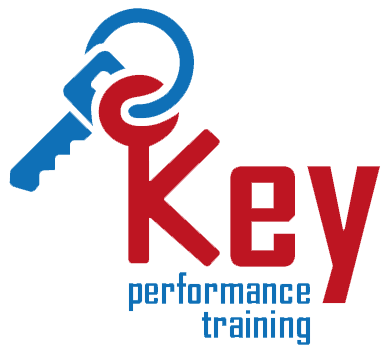
Need more information?
For more information please do get in touch – via our contacts page, email us or just give us a call on 01793 975353


